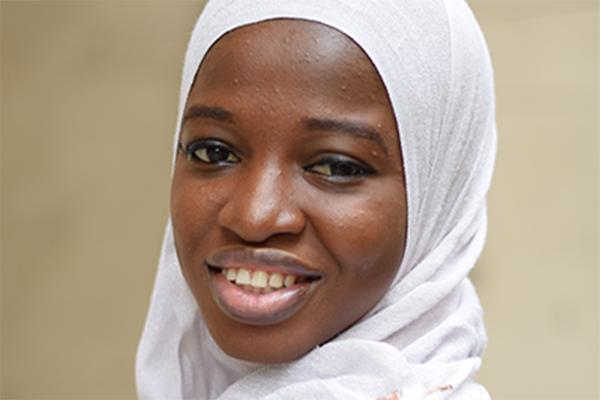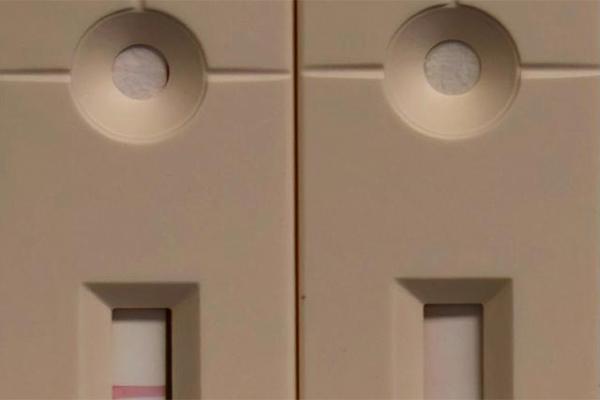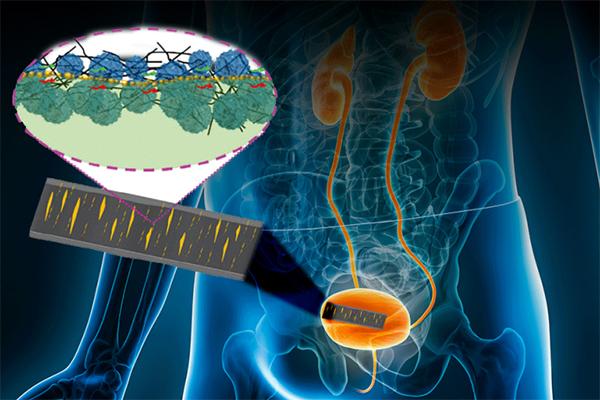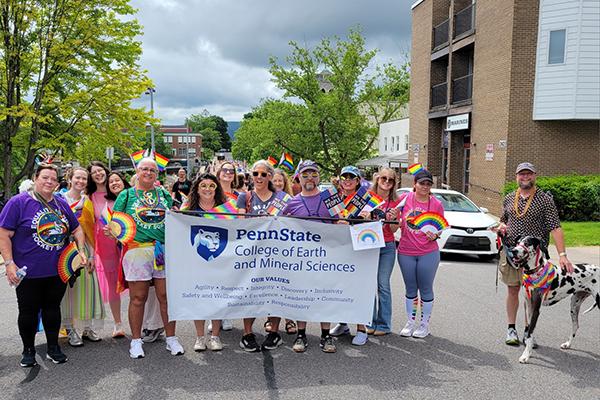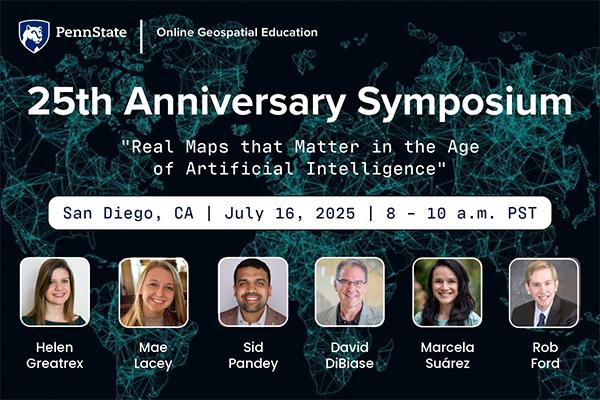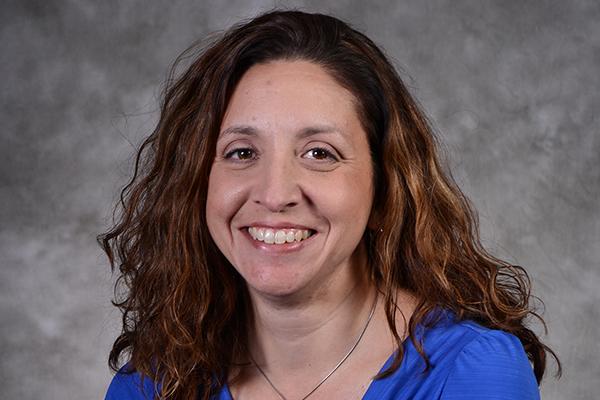Kawthar Babatunde, doctoral student in energy and mineral engineering, is one of the 18 graduate students who were awarded the first round of Fox Endowment scholarships awarded by the J. Jeffrey and Ann Marie Fox Graduate School.
Dipanjan Pan and his group developed a proof-of-concept device capable of detecting HMGB1, a protein implicated in endometriosis development
Peter Heaney, professor emeritus of geosciences, retired on June 30, ending a 27-year career at Penn State. Mara Grigore, a rising senior majoring in Earth science and policy, interviewed him about his career.
Valerie Smykalov, a doctoral student in the dual title biogeochemistry program, was recently awarded a three-year U.S. National Science Foundation (NSF) Graduate Research Fellowship to support her work studying carbon movement through freshwater systems.
Penn State’s Weather Camp has been a summer staple for self-professed “weather geeks” and roughly 1,400 students from 40 states and several countries have participated. This year it is celebrating its 25th anniversary.
A team led by researchers at Penn State developed a new method to evaluate cracks that destabilize ice shelves and accelerate loss of sea ice.
A new skin-like sensor developed by an international team led by researchers at Penn State could help doctors monitor vital signs more accurately, track healing after surgery and even help patients with bladder control issues.
June was National Pride Month in the United States and in support the Penn State College of Earth and Mineral Sciences (EMS) participated in the State College Pride Parade and Festival
Penn State’s Department of Geography will commemorate the 25th anniversary of its online geospatial education program with a symposium held in conjunction with the 2025 Esri User Conference in San Diego.
As part of our regular “We Are!” feature, we recognize 20 Penn Staters who have gone above and beyond what’s asked of them in their work at the University.


